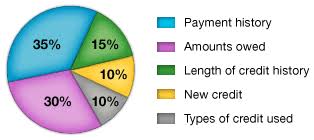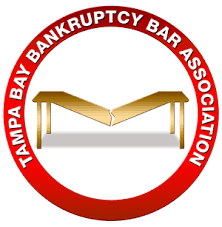The Economic Injury Disaster Loan (EIDL) program is a loan and grant program offered by the U.S. Small Business Administration (SBA) to help small businesses and non-profit organizations recover from economic injury caused by a declared disaster. The EIDL program provides two types of financial assistance: EIDL loans and EIDL grants.
- EIDL Loan: The EIDL loan is a long-term, low-interest loan designed to help small businesses and non-profit organizations recover from economic injury caused by a declared disaster. The loan amount is based on the economic injury suffered, and can be up to $2 million. The loan must be repaid, with interest and fees, over a maximum of 30 years.
- EIDL Grant: The EIDL grant is a grant that does not have to be repaid, and is designed to provide immediate relief to small businesses and non-profit organizations suffering economic injury from a declared disaster. The grant amount is up to $10,000 and is meant to help cover basic needs such as rent, mortgage, and utilities, while the business is waiting for the loan application to be processed.
 Reboot Your Life: Tampa Student Loan and Bankruptcy Attorney Blog
Reboot Your Life: Tampa Student Loan and Bankruptcy Attorney Blog




